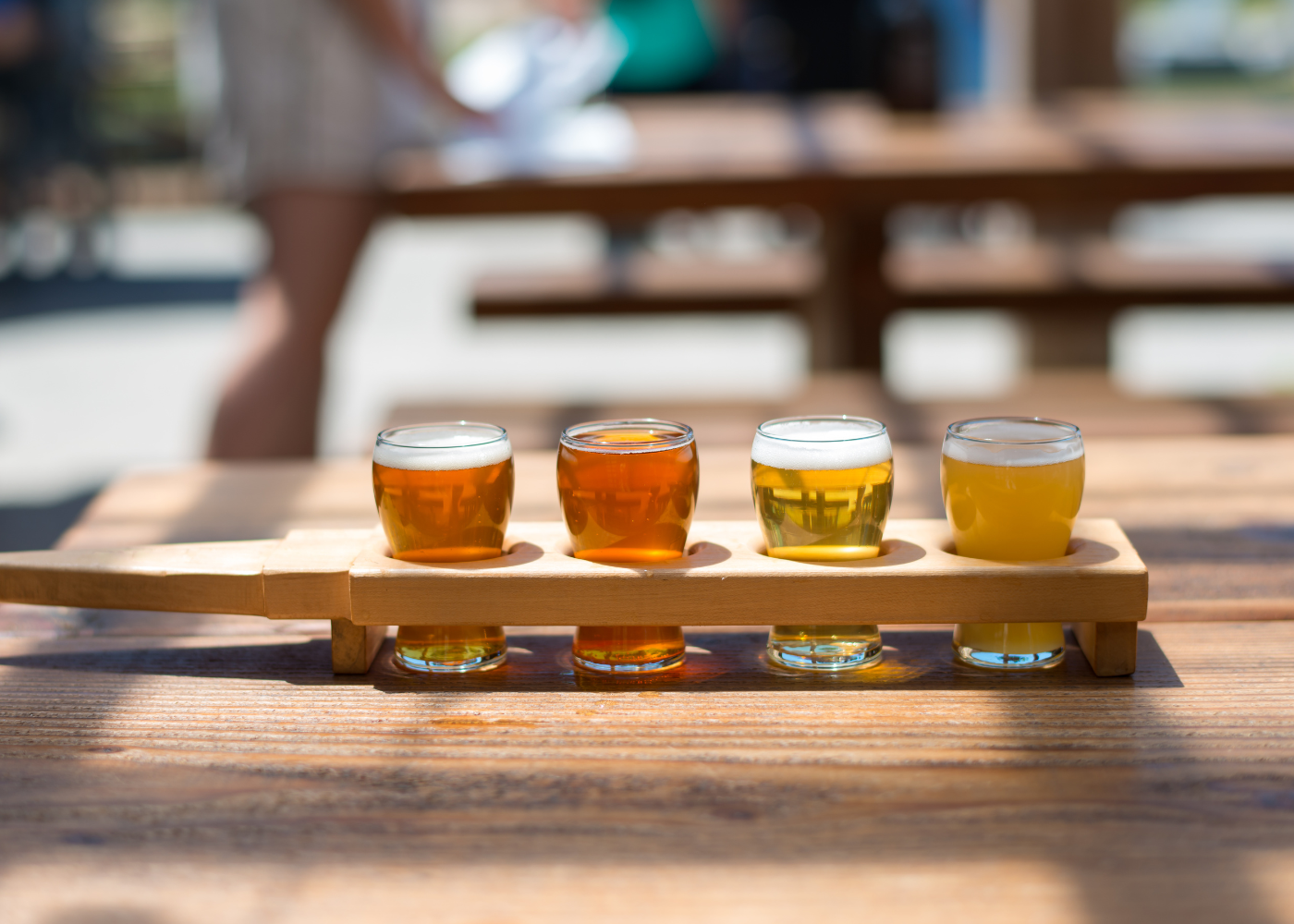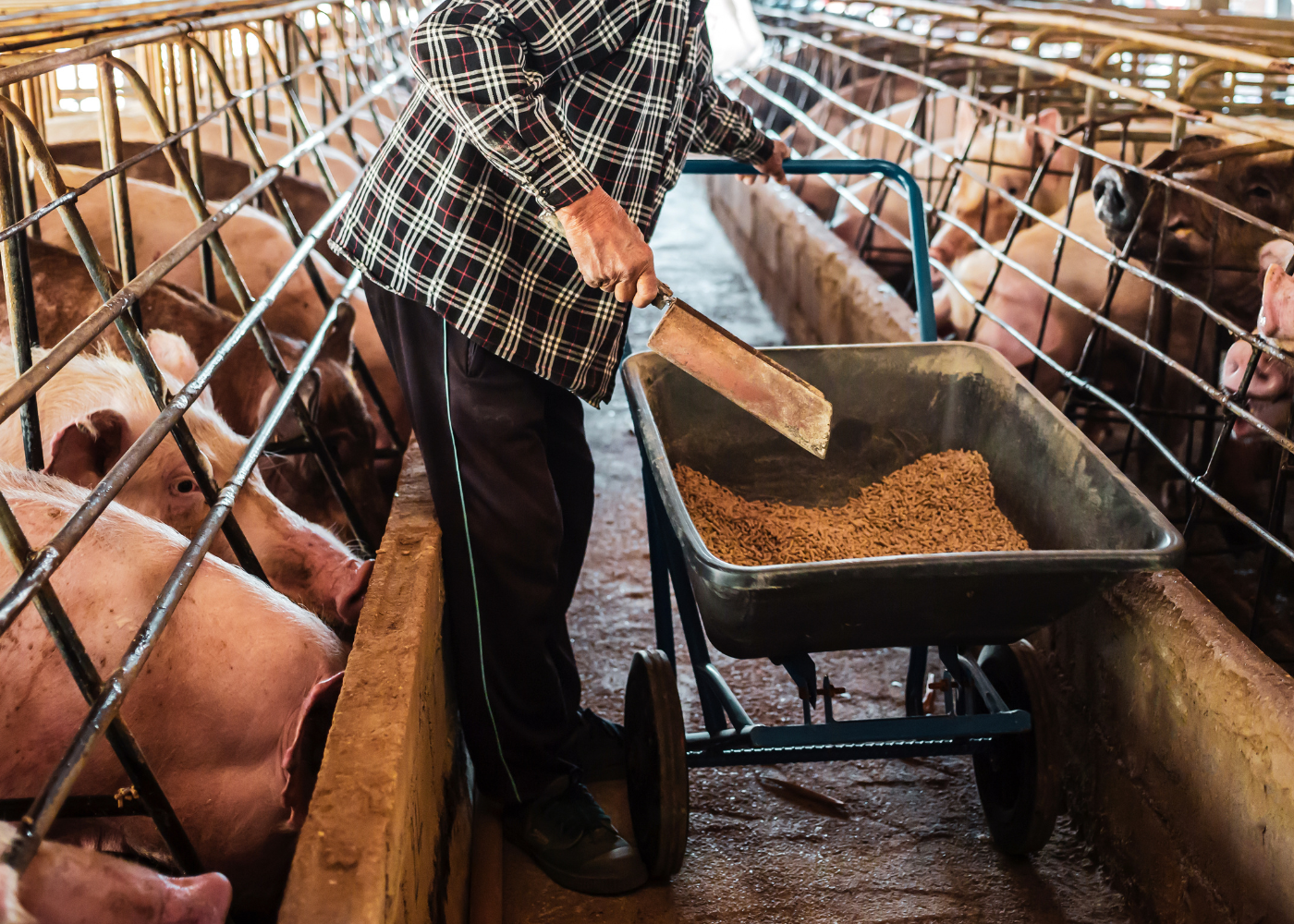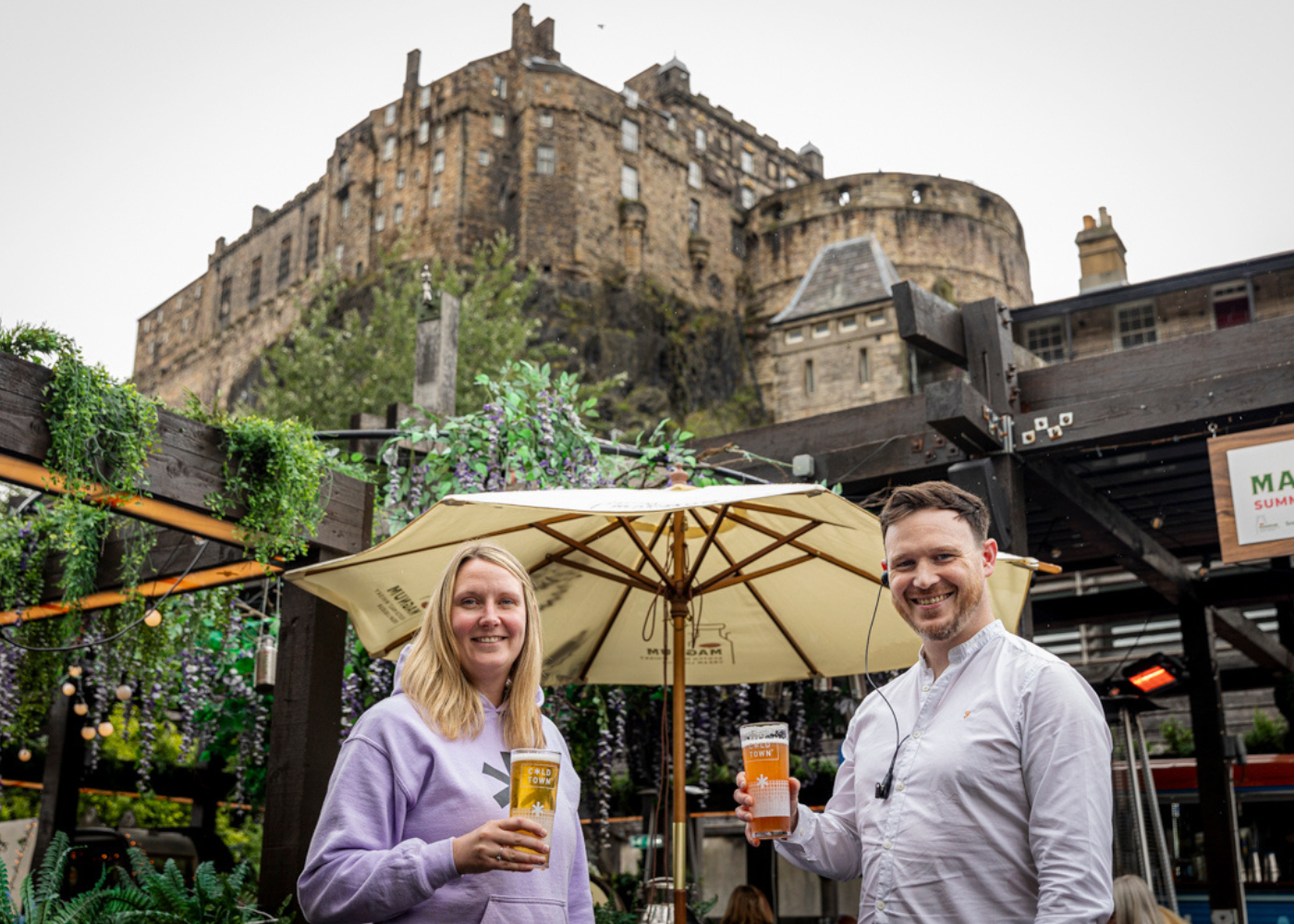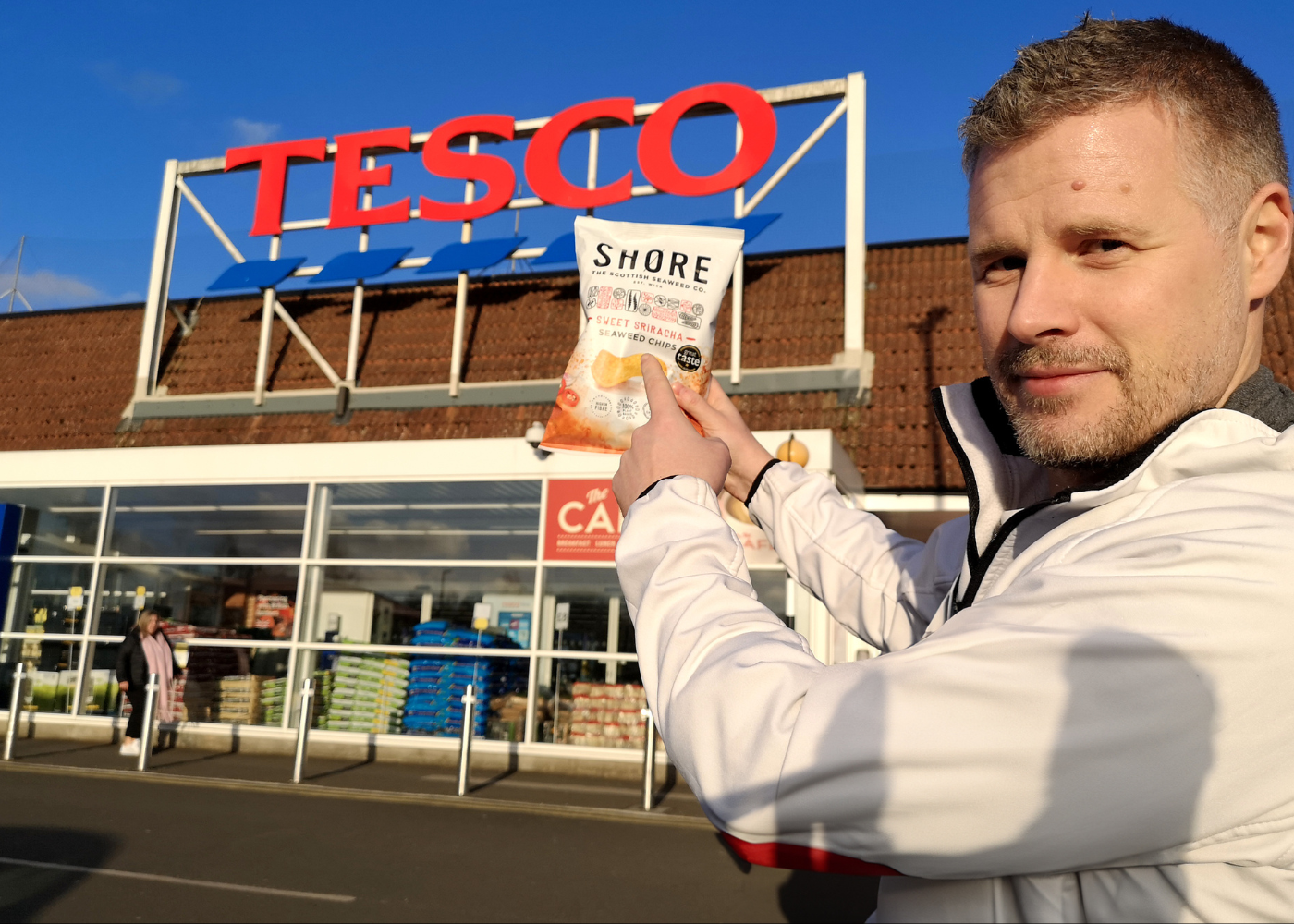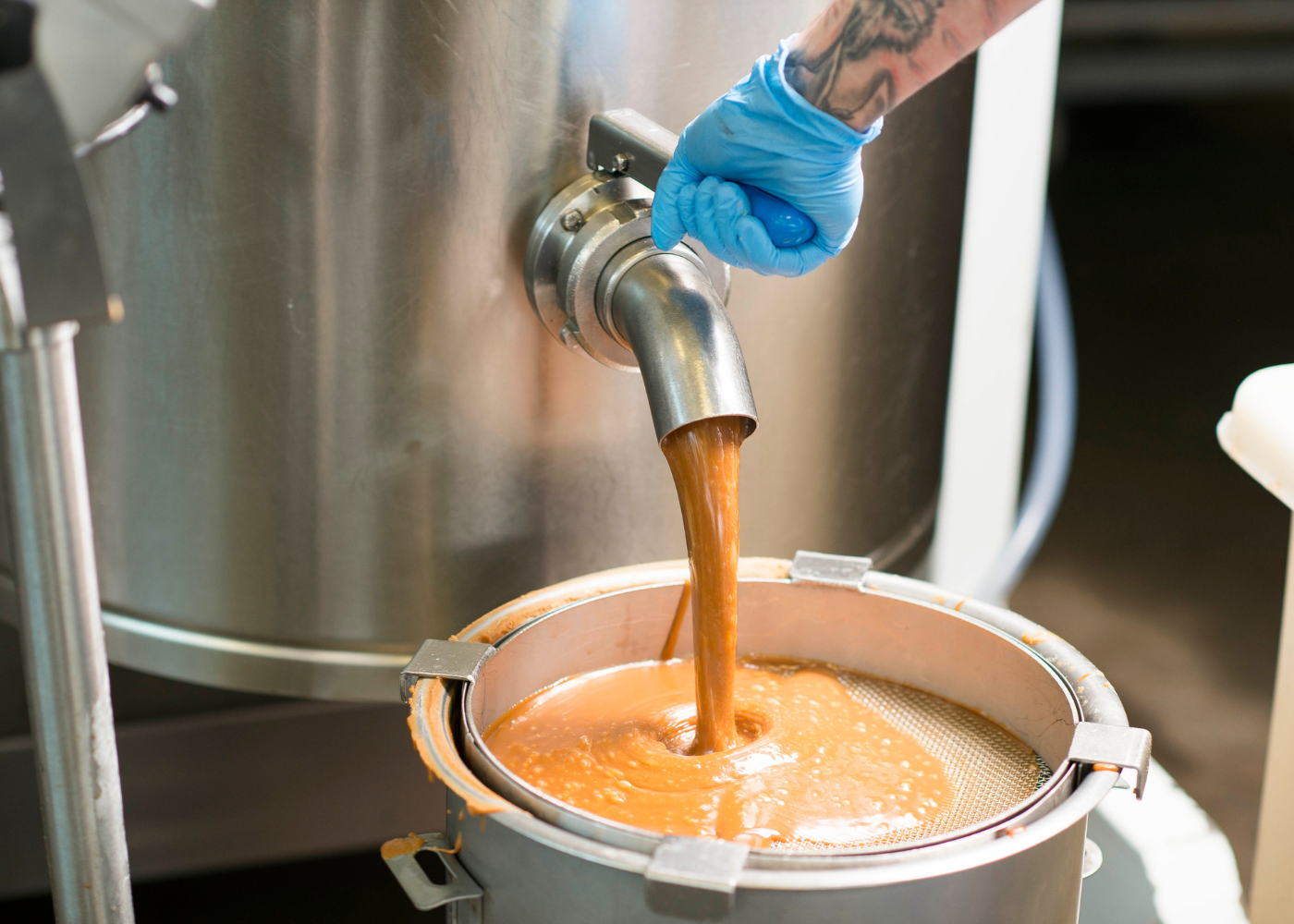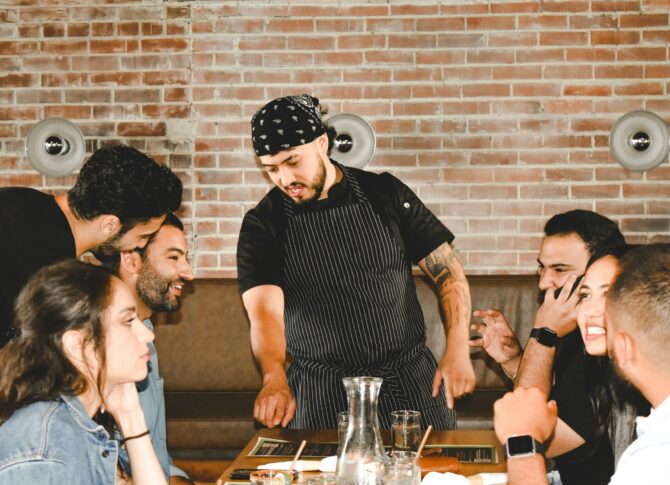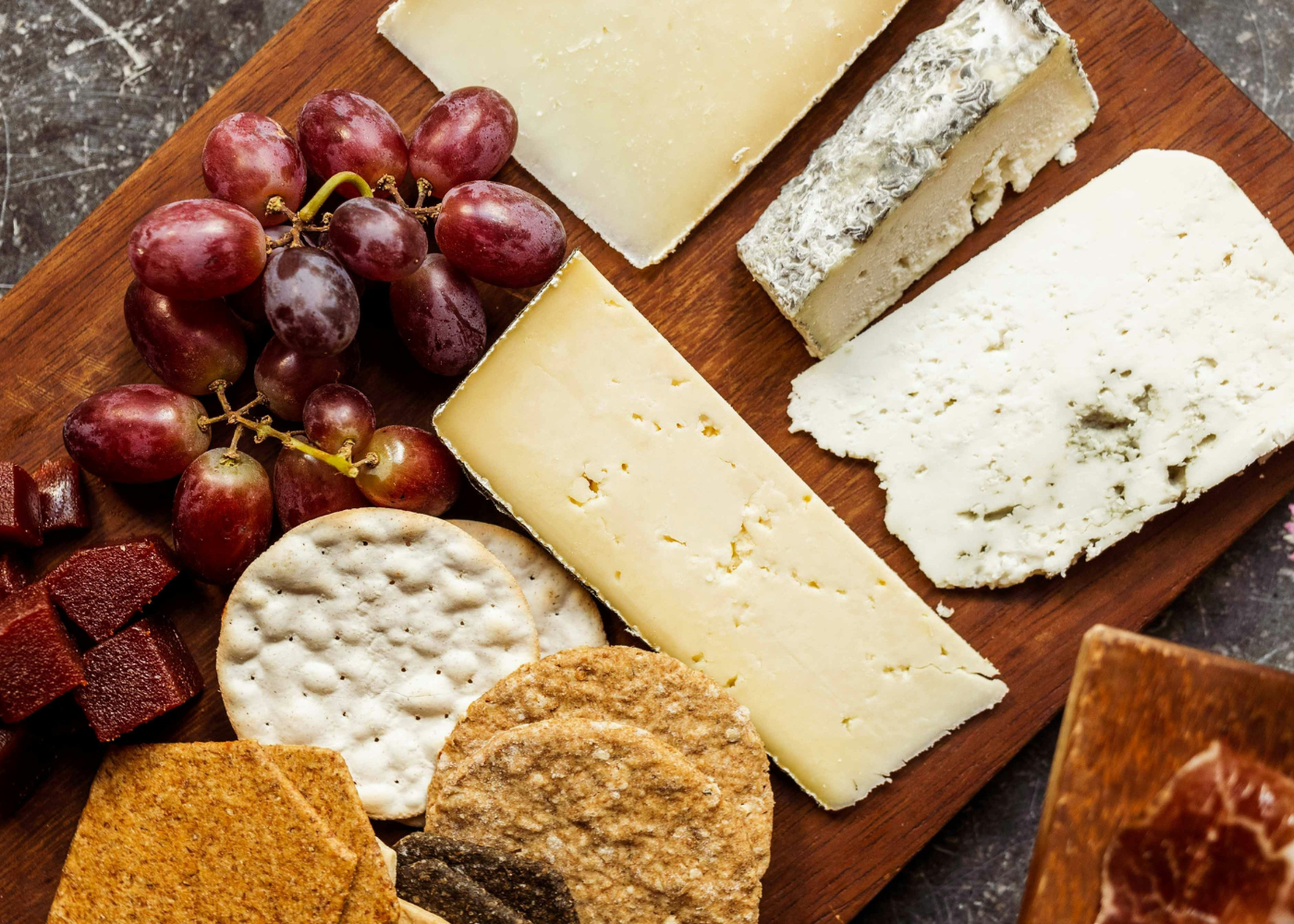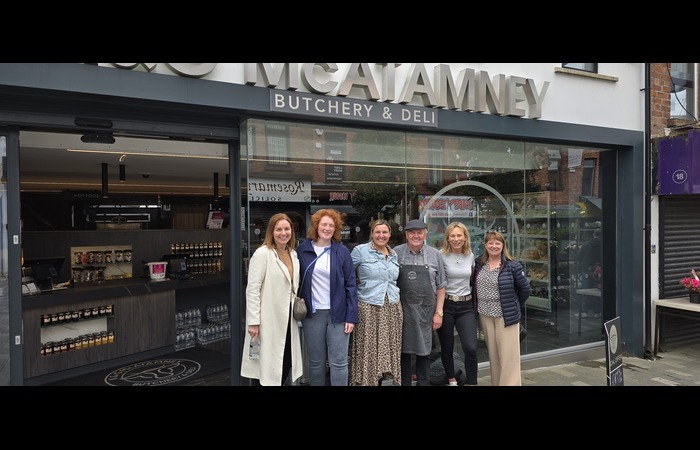THE membership body for Scottish salmon has been accepted into the prestigious Worldchefs group in recognition of the extraordinary quality of the high-protein fish.
Salmon Scotland joins the Paris-based organisation as demand increases at home and abroad for fresh, nutritious and sustainable salmon in restaurants.
This year has also marked the 30th anniversary of Scottish salmon being awarded the Label Rouge accolade.
Label Rouge is the French Government’s prestige mark for taste and quality, and Scottish salmon was the first fish and non-French food to achieve the coveted certification in 1992.
Subscribe to our daily newsletter
Why? Free to subscribe, no paywall, daily business news digest.
Salmon Scotland is the guardian of the ‘Scottish salmon’, the UK’s biggest food export, with international sales of more than £600million, while sales of all salmon in UK shops rose to £1.1billion last year as consumers increased consumption.
Gary MacLean, Scotland’s national chef and winner of MasterChef: The Professionals, said Scottish salmon is a “cut above the rest”.
Through its partnership with Worldchefs, Salmon Scotland hopes to consolidate the fish’s position at the top of menus round the world and enable more leading chefs to visit Scottish salmon farms to get their feet wet and see for themselves where the finest salmon comes from.
Scottish salmon is raised sustainably in the Atlantic Ocean, in cold, fast-moving water across the Highlands and islands of Scotland.
Slow-grown, Scottish salmon takes between two-and-a-half and three years from egg to plate.
Scottish salmon is farm-raised with the lowest stocking densities in the world with no more than two per cent fish to 98 per cent water, allowing plenty of room for fish to move around and shoal as they would in the wild.
All Scottish salmon producers are certified by the RSPCA, one of the world’s most respected animal welfare charities.
Three produce organic Scottish salmon certified by the Soil Association, the UK’s oldest and largest organic food body.
In 2004, Scottish salmon received protected geographical indication (PGI) status, setting it alongside world famous food products like champagne and Parma ham.
Scottish salmon farms directly employ 2,500 people and support more than 3,600 suppliers, with a further 10,000 jobs dependent on farm-raised salmon.
In a new video, Gary MacLean, Scotland’s national chef and winner of MasterChef: The Professionals, said:
“When you’re buying Scottish salmon, you know you’re buying something that’s a cut above the rest.
“Scottish salmon is a beautiful thing to work with – really firm, close texture. There’s not a lot of fat in it.
“The reason is that Scottish salmon is slow-grown; it takes about double the length of time to grow than most other salmon from other countries.
“For me, Scottish smoked salmon is immense because we get the flavouring right, we’re still doing traditional methods and smoking and we are very good at it.
“It’s something Scotland is world famous for, and rightly so.”
Worldchefs managing director Ragnar Fridriksson said:
“Producers and chefs have a special, crucial connection.
“Worldchefs is proud to partner with Salmon Scotland and look forward to supporting their world-leading standards in aquaculture, community initiatives, and ambitious vision for a better future.”
Salmon Scotland chief executive Tavish Scott said:
“Reared in the cold, clear waters of Scotland’s northern and west coasts, Scottish salmon is unique in its taste, texture, provenance and nutritional value.
“Top chefs across the globe want to cook with the very best ingredients and that’s why they love cooking with Scottish salmon and serving it to their customers.
“Chefs and customers enjoy Scottish salmon in the knowledge that we have world-leading sustainability measures in place from egg to plate, producing nutritious food in the most responsible way.
“As a member of Worldchefs we want to bridge the gap between farmers and chefs, to increase awareness and understanding of where Scottish salmon comes from and cement its place in the world’s top restaurants.”





